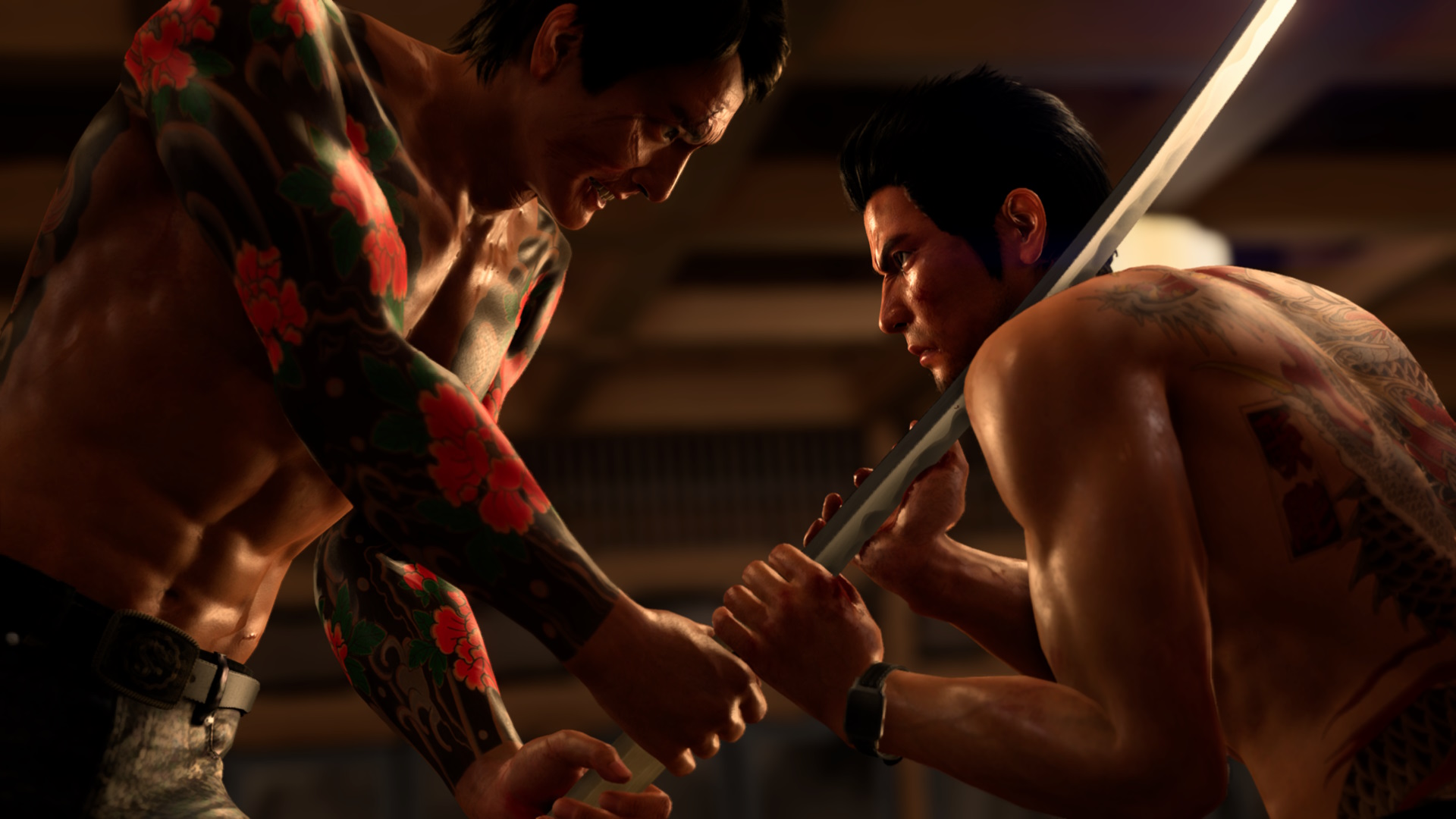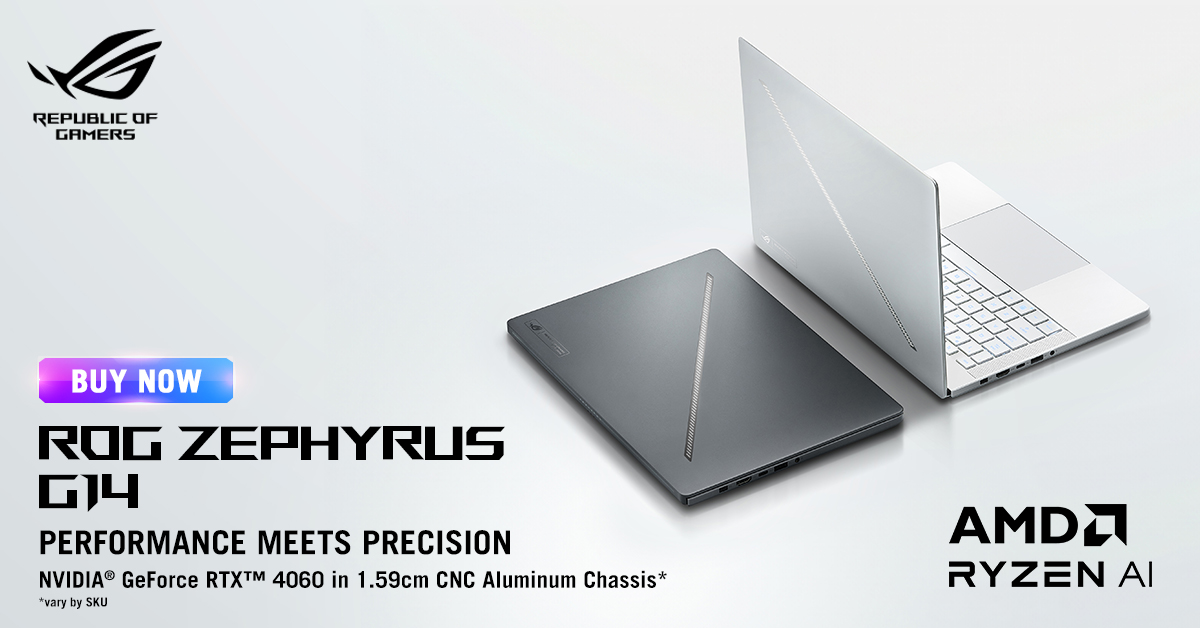Developed By: Ryu Ga Gotoku Studio
Published By: Sega
Platforms: PlayStation 5, PlayStation 4, Xbox Series X|S, Xbox One and PC
Reviewed On: PC (Gamepass)
What’s not to like about Yakuza games? They give you the street cred to strut your macho stuff in the streets, running around in fictional Yakuza shoes within the 3D landscapes, bashing in your enemies’ skulls as Kiryu. Now, he goes by the codename Joryu as an undercover agent.
Yet, this latest entry, with its excessively long title, feels like a mishmash of copied-and-pasted formulas from the past—borrowing mostly combat flows from Lost Judgment and previous Yakuza titles. Despite riding on the series’ overall success, this new title fails to bring anything new to the table that outshines its predecessors despite the additional of a new Agents style of combat.
Here’s my review of Like a Dragon Gaiden: The Man Who Erased His Name or I will refer to it as a nameless game for short.

Story, Lighting, and Music | A Slow Burner
There are no complaints about the main story aspect as it is pretty solid along with commendable voice acting and cinematic delivery. The proper character models, expressions, and lighting contribute to a standout experience. The darker contrast in designs, almost like playing in dark mode, adds sheen to clothing, skin textures, and neon lighting on the streets. It makes everything pop up, yet remains pleasantly presentable compared to the past series.

However, right at the beginning of the game, the starting town in Yokohama tends to bombard me with morning lighting akin to a flashbang shot in Counter-Strike—almost blindingly bright. Yet, as the nameless game progresses it wisely pivots towards favouring the charm of evening and night lights soothing environments throughout.
While the main story as mentioned is pretty solid, it is slow-paced in introducing new Agents, gangs, and NPCs. It is also riddled with many detours and betrayals from both gangs and the Agency, creating a form of multiple backstabs from either the gang or the Agency itself – turning it into a back-and-forth uphill battle with lots of wild goose chase. Be prepared for Kiryu/Joryu’s signature move—skull-bashing galore; with a sprinkle of mercy – ensuring to keep his adversaries alive that they will keep coming back for more or join up later on as an ally.

It’s the head-spinning brawl of a benevolent beatdown. Although the story does improve later on after the ten-hour mark, as nearing the end of the game the main meat of the narrative and action starts to heat up.
The main issue lies with its sidequest/side-story which seems to lack most of its trademark humour and memorable stupid moments that make Yakuza games shine. This element along with some pop culture references is what Yakuza games are renowned for and their absence in this installment feels like a missed opportunity for the game’s usual playful charm.

There is not much to be said about the Japanese voice acting as it was consistently solid throughout the series including this game. However, the music speaks a different story as the music slowly starts picking up after the ten-second mark during combat with its electric, bass guitar tunes kicking in with the drums but it may be too late in the action. Additionally, it seems that the music in the game is easily overwhelmed by the punching sound effects, indicative that the music is mostly taking a back seat layer during combat.

Level Design And Gameplay | Been There, Done That

In this Yakuza spin-off, you will hit the familiar pounding of pavement in Japan with a focus more on Sotenbori (Osaka), where you will be indulging in quicker street brawls, exploring and engaging with some of the locals around for sidequest or purchasing food and armours. In addition, there are activities such as retrieving shiny objects with a makeshift grapple, experiencing FMV (full real-life motion video) dating in cabaret clubs, and clothing customization.

The good thing is combat boasts an increased enemy count, gladiator coliseum team rumbles and flashy gadgets; the slow build-up of the heat bar can disrupt the combat flow as the Agent-style basic moves don’t have a wide arc attacking moves without activating its heat mode. Though unleashing Kiryu’s new Agent Style feels more like a gimmick at first with explosive cigarettes and jet-pack boots it will become overpowered later on in the game.
In the end, I embraced the fluidity of the Yakuza Style in combat more, as the initial punches delivered a satisfying combo with impactful blows and a fear-inducing dodge punch. There seem to be other odd status-based attacks caused by enemies with prolonged stagger and blindness, leaving Kiryu vulnerable for an extended period, disrupting the combat flow until the next enemy strike.
Gameplay-wise, transitioning from basic to heavy attacks with a mash of the buttons, the sequence depending on the available heat bar (which is slow) culminates in a cinematic heat attack utilizing the surroundings or weapons. But the heat cinematic actions were mostly seen in from Yakuza series in the past. With nothing new in between without any form of utilization of the new gadgets.
In terms of level design, the usage of the darker tones in Sotenbori and the castle level gives a sight of fresh air as the neon lights by the streets appear even more dramatic or glorious, and character skin details stand out even more or makeup looks even glossy. Unfortunately, all areas are small, linear, and lack multi-floor exploration, which may lead to boredom over time.
What I Liked About Like a Dragon Gaiden: The Man Who Erased His Name
- Solid delivery in storytelling – Especially near the end that could make you cry
- Good voice acting – Japanese dubs can go no wrong
- Good use of lighting – Helps with the cinematic and brings out the skin models and environments’ neon light settings.
- Combat – Yakuza style at the beginning and more enemy counts.
- Customizable clothing and makeup – For both general gameplay and arena costumes.

What I Wished Was Better
- Music – Should start off immediately with a bam, louder, and working side by side with the pummeling action. Generally, it sounds generic over time with mild and safe songs in the background.
- Sidequest – Less memorable, comedic, and engaging elements in it.
- Side activities – Feels fun at first, especially the FMV dating but lack of learnable skills, multiple choices, or unique items aspect to incentivise the gameplay even further.
- Combat – Overall felt unbalanced as Agent Style starts off weak but is later overpowered with gadgets and heat bar build-up is pretty slow. Along with odd statuses such as staggered and blind which tends to make Kiryu staggered for a long period.
- Heat cinematic action – During combat felt copied and pasted most of the time with not many excitingly new or brutal-looking attacks.
- Level Designs – Smaller and linear in general.

Verdict | A Good DLC
Despite introducing new gadgets, characters, and a compelling main narrative near the end, the nameless game falls short in terms of replay value, surprise elements, and humor found unique in most of the Yakuza series, like Yakuza 0. The extended title appears to overcompensate for what feels like more of a DLC, serving as a narrative bridge between Yakuza seven and eight.
With its vibrant yet confined level designs and lacklustre side stories, it is to me best suited to be a more redacted and condensed experience as a Yakuza Nine DLC instead. This ould provide a shorter exciting experience focusing more on the main storyline before starting the Yakuza Nine game. Many other elements elements in the game felt unnecessary, less memorable, and should be redacted like the title of the name itself. If you are new to the series, I highly recommend starting with Yakuza 0 instead.




